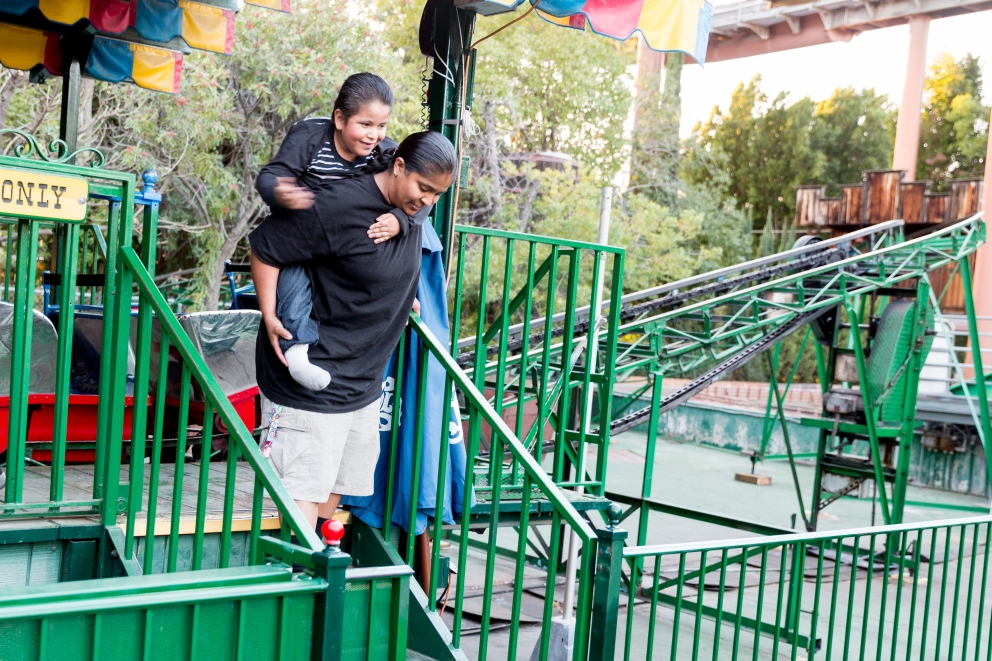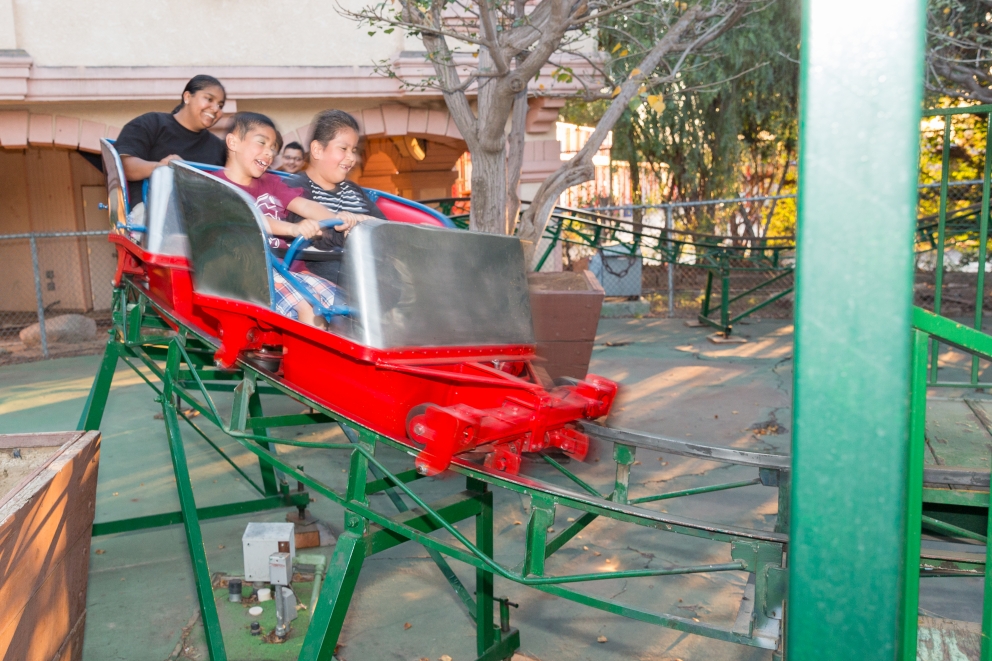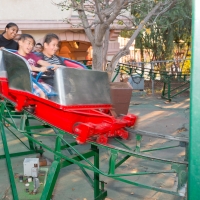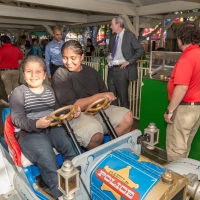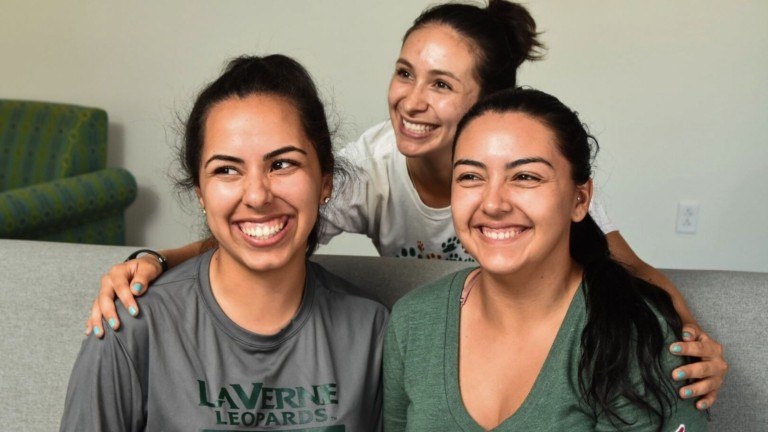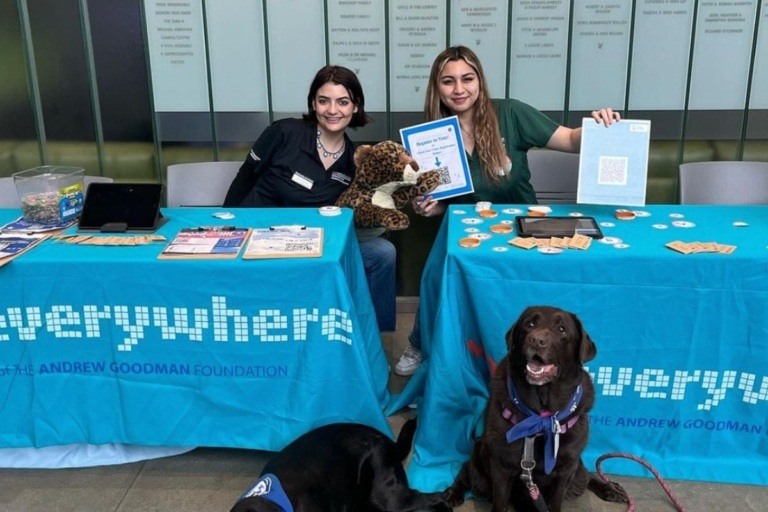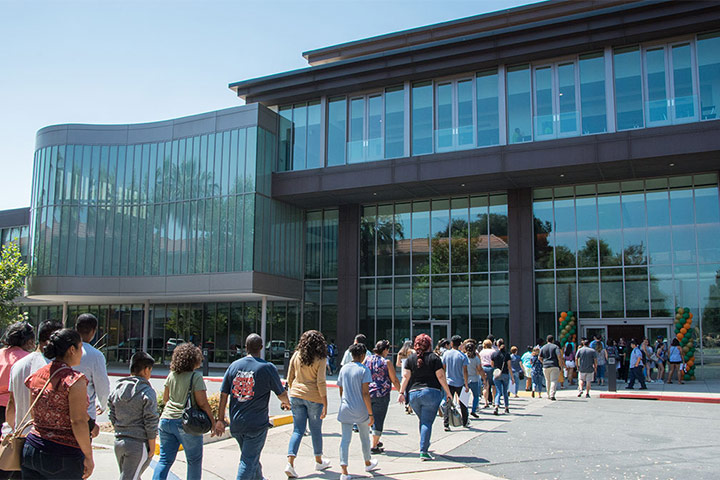College of Law Disability Center Gains Victory for Riverside Boy
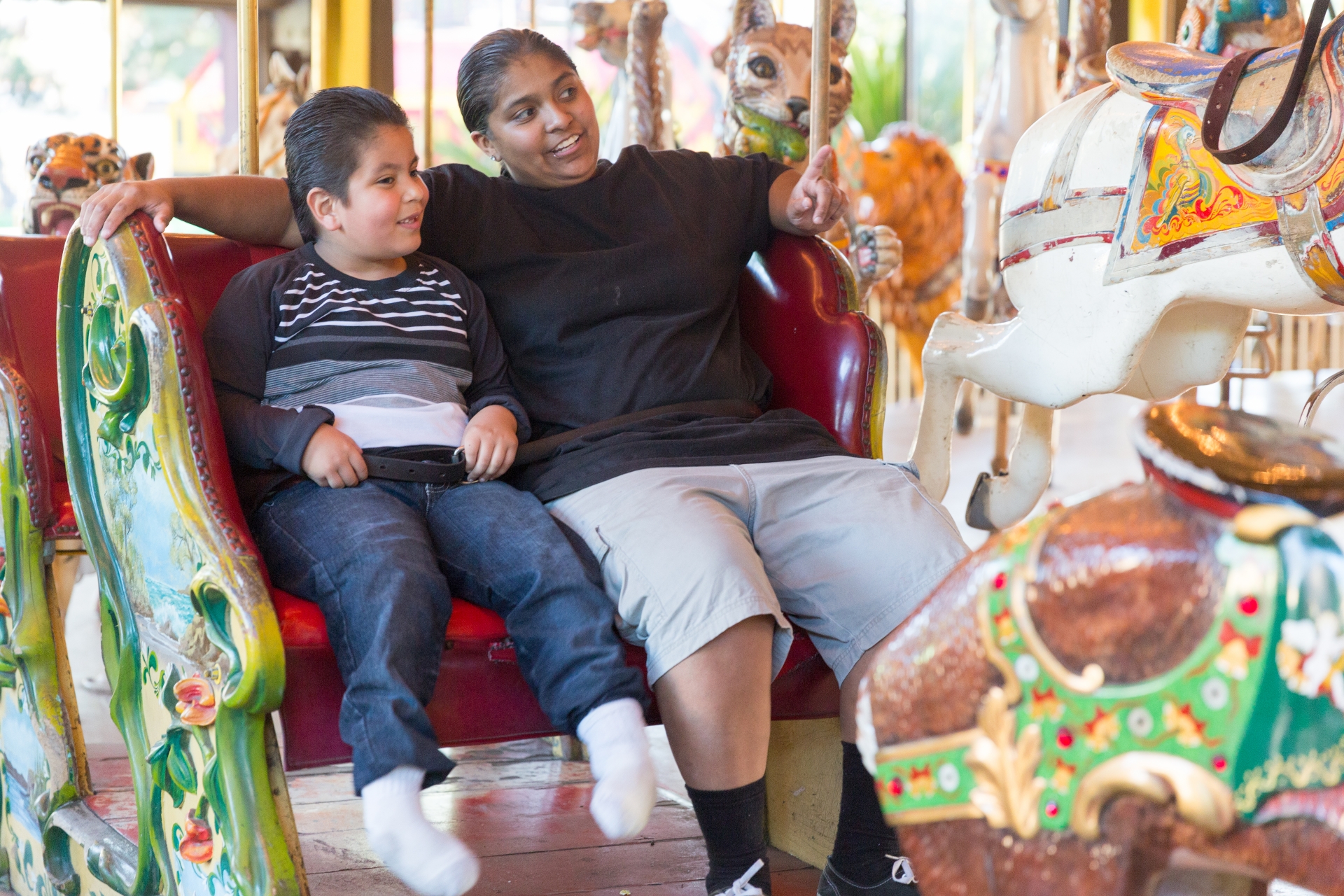
It was a child’s dream come true.
For two hours, 6-year-old Riverside resident Kenny Guerrero gained almost exclusive access to an amusement park, riding on all of the rides he wanted without having to wait in line. He and his family and friends received the royal treatment to make up for a prior visit where Kenny was denied entry to a ride and he and his family were escorted off the property.
Officials with the University of La Verne’s College of Law Disability Rights Legal Center, who represented Kenny, called it a great outcome.
“It was important for Kenny to have the opportunity to return to the Park and hear that he is as welcome as anyone else,” said Elizabeth Eubanks, Inland Empire Regional Director for the center. “Prior to the meeting, Kenny would get upset when his family drove past the park because he thought they did not want him there since he uses a wheelchair. It was very moving to see Kenny at the park enjoying the once-in-a-lifetime opportunity, laughing with his friends and siblings. He had a smile on his face the whole day.”
Kenny is wheelchair-bound due to a condition called club foot, which prevents him from wearing shoes. When he and his family visited Castle Park on Oct. 17, 2014, his family first went to the ticket booth to ask if Kenny’s condition would prevent him from going on rides. An employee told them it would not, but if it did, the family would receive a refund, Eubanks said.
But when Kenny attempted to go on a ride called the Whip, the operator told him he could not ride without shoes. Eubanks said amusement parks are allowed to deny entry to some rides due to safety precautions. In this case, the family claimed the bigger problem was they were not treated with courtesy. After insisting to speak to the supervisor and manager, security escorted them from the park without a refund.
The family has taken Kenny on similar rides at other parks such as Disneyland and Universal Studios without issue, Eubanks said.
La Verne College of Law student Erik Bressler, set to graduate in May, wrote a demand letter to the park, requesting a change in policies regarding treatment of disabled customers. Park officials responded, agreeing to implement sensitivity training several times a year for its employees. They agreed to give the family a refund for their prior visit and also invited Kenny, his family, and friends to return to the park while it was closed to the rest of the public so he could enjoy the rides and food.
Bressler said the value of the case’s outcome extends beyond the Guerrero family because it will also benefit others with disabilities.
“I feel that the outcome was a great success,” he said.
The experience was also an opportunity to put theory into practical action for the law student.
“Helping families like the Guerreros gave me an invaluable experience that will stick with me throughout my career,” Bressler said.
Eubanks said Kenny’s mother did not approach the clinic in search of money. She sought a way to relieve the embarrassment her son experienced at the park. She experienced a wave of emotion when Kenny was invited to return.
“It was a very moving experience for her,” Eubanks said. “She was crying when she saw Kenny going on the rides.”
The Disability Rights Legal Center satellite office at the University of La Verne College of Law seeks to advocate for people with disabilities to eliminate discrimination and other legal barriers that keep them in poverty, according to the organization’s website. Low-income clients receive legal representation at no cost, while law students working at the center gain experience in advocacy and litigation.

